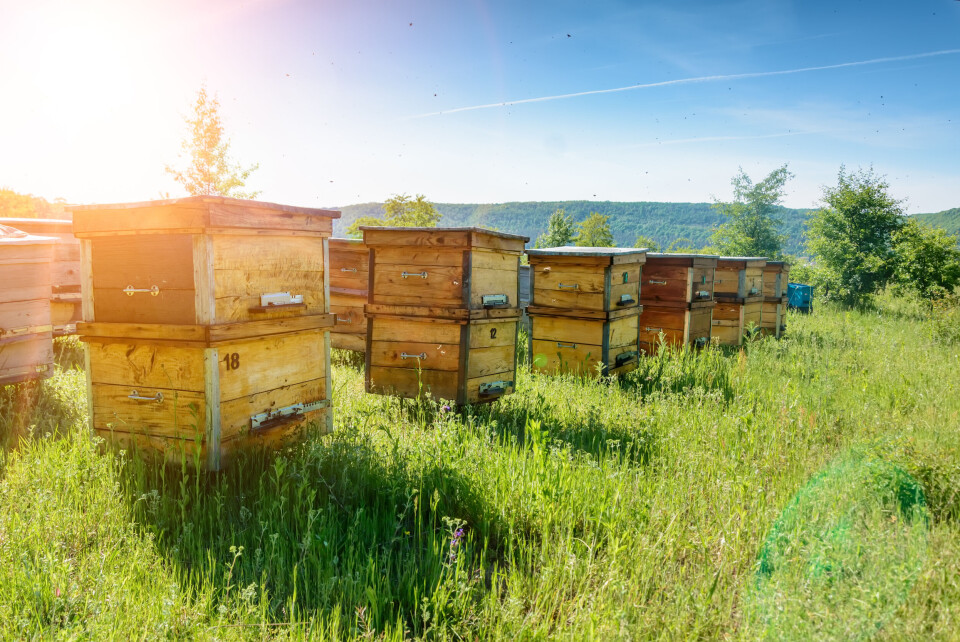-
Two rules to not fall foul of around vide-greniers sales in France
There are several regulations around what can be sold – and how - at these car-boot-style events
-
Let your lawn grow, water for birds: how to help wildlife in your French garden
‘It is acceptable to have untidy hedgerows,’ says biodiversity spokesperson.
-
How to help hedgehogs in your garden in France
Follow these tips to create a healthy ecosystem for this protected species
France beekeeping: are there rules for installing a hive in my garden?
The regulations include making an annual declaration to the Agriculture Ministry

Reader question: I want to keep bees and have a hive in my garden. Are there any regulations when doing so?
Beekeeping – although encouraged – is an activity that is monitored in France, both to protect bees by ensuring good ownership and to protect nearby establishments.
When you first set up your beehive, you have to declare it to France’s Agriculture Ministry online. Alternatively, you can download a printable version of the form here to send to the ministry via the post.
In case of queries you can email assistance.declaration.ruches@agriculture.gouv.fr or call 01 49 55 48 42.
Doing this for the first time will give you a numéro d’apiculteur (Napi), which is used to retain information about your beehives and for future declarations.
You must declare your beehives annually (between September 1 and December 31), and give information including the number of hives and location.
It can take up to two months to receive an acknowledgement in the post if you send off the forms (for proof of registration), whereas it is immediate if you do the process online.
You can quickly access the form in subsequent years using your Napi number.
If you plan to sell honey from your bees, or sell bees to someone else, you must have a Siret number for business activity, and indicate this on your form.
Are there regulations on placing beehives?
The location where you can put your beehives depends on the number of bees in the hive and the structures they are close to, such as public buildings or neighbouring properties that have vegetable gardens.
The exact rules on placement depend on the local departmental rules, but in general:
- Apiaries must be placed ‘far away’ from industries that use sugar (bakeries and patisseries, confectionary shops, jam and sugar factories)
- They must also be 100m from public buildings, such as schools and hospitals
One beekeeper in the south of France also recommended they be around 20m or more from homes, but she said they do not need to be in a very rural area.
You should check with your local mairie the exact regulations for where you live, as there may be further restrictions on beehive placement next to roads or other properties.
If your beehives are totally isolated from neighbouring properties (via a wall, fence, or hedge at least two metres high and two metres on each side of the beehive), there are no restrictions on placement.
If you move hives between departments in France, you should let a veterinary clinic in the new department know of the move.
If your bees cause any damage or injury, as the owner of the beehive, you will be responsible, so you need third-party insurance cover for this.
There is also a government guide for new beekeepers to help you set up and maintain your beehives that you can download here.
Related articles
French beekeepers experiment with indoor hives in bid to save bees
‘No stings yet!’: Feedback from beekeeping beginners in France
How to harvest your own sweet honey in France
























